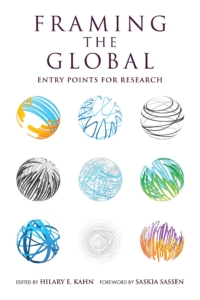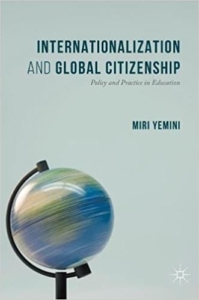
The field of Global Studies has a similar historical trajectory as the field of comparative education. Both fields in the American context were formalized in the 1950s during the Cold War and expanded in the 1980s when scholars “began to take note of the rapidly increasing transnational flows of people, ideas, and products, and the social, political, economic, and cultural consequences of these trends.” Both also lack a clear disciplinary home. Scholars bring myriad academic perspectives to each field, from economics to sociology and from history to anthropology.
So today we explore global studies in depth in an effort for mutual learning.
With me today is a leading scholar of global studies, Hilary Kahn. Hilary Kahn is the assistant dean for international education and global initiatives and director of the Center for the Study of Global Change in the School of Global and International Studies at Indiana University. She is a co-director of the Framing the Global project, which is trying to “develop and disseminate new knowledge, approaches, and methods in the field of global research.” She co-edited a book entitled Framing the Global: Entry points for research that I think could be valuable to comparative education researchers.
Citation: Kahn, Hillary, interview with Will Brehm, FreshEd, 65, podcast audio, March 20, 2017. https://www.freshedpodcast.com/hilarykahn/
Transcript, translation, and resources: Read more


